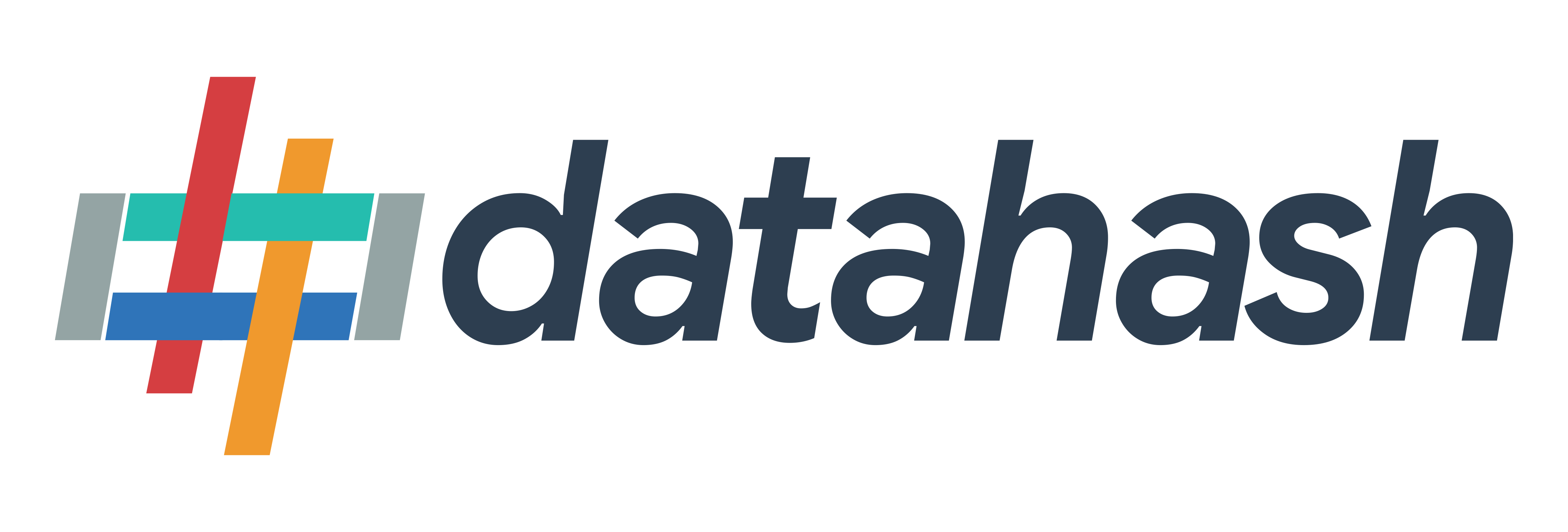What is Google Ads Enhanced Conversions
What are enhanced conversions in Google Ads?
Google Ads Enhanced Conversion (GEC) is a conversion measurement tool designed to help advertisers track conversions more accurately. Google Ads Enhanced Conversion adds hashed customer data (e.g. email addresses, phone numbers, etc.) to existing conversion tags to help advertisers get the most out of conversion measurement. Google uses Google Ads Enhanced Conversion to understand how ads drive conversions and match ads to more relevant customers. Google Ads Enhanced Conversion can also help improve the performance of your Google Ads Smart Bidding campaigns.
Privacy remains a priority, ensuring that user data remains anonymous. This is achieved through the hashing of first-party customer information, such as names and emails, prior to transmission to Google. This data is then matched with verified Google accounts to more accurately attribute campaign conversions to particular ad events, such as clicks or views.
Benefits of Google Ads Enhanced Conversion
1. Recover Conversions that Otherwise Wouldn’t Be Measured
Google Ads Conversion boasts one of the most significant advantages among conversion tracking tools: the ability to recover missed conversions.
In a digital landscape marked by the increased usage of ad blockers and the depreciation of third-party cookies in browsers like Mozilla and Safari, with Chrome soon to follow suit, it’s common for some conversions or essential conversion data to go unnoticed. However, this is not the case with Google Ads Conversion. It excels at tracking these conversions diligently, providing advertisers with a comprehensive 360-degree view of how users engage with their ads.
Google Ads Conversion goes the extra mile by capturing all conversion events, including clicks and views, along with various on-page actions, all while retaining essential user information. This meticulous tracking ensures that even if a user’s conversion journey is not straightforward or immediate, every interaction is recorded and accounted for.
The ability to recover these conversions presents advertisers with a much clearer and holistic understanding of their campaign’s impact. Armed with this data, advertisers can make more informed decisions about how to optimize their ads effectively and maximize their advertising ROI.
2. Improve Bidding Optimization through Better Data
The success of digital advertising campaigns is dependent on effective bidding. The quality of the bidding data collected by Google Ads Conversion has a direct impact on the performance of the campaign.
Google Ads Conversion provides precise, high-quality data that enhances the accuracy of bidding optimization. This data helps to ensure that the conversions monitored are accurate and pertinent, thus allowing for more informed decisions regarding the allocation of ad budget. By having a more precise understanding of the key words, audiences, and placements that are driving conversions, the bidding strategy can be adjusted in a timely manner. This allows for more aggressive bidding on high-performance elements and less expenditure on underperforming elements, resulting in increased efficiency and a greater return on investment for the advertising budget..
3. Privacy Safe with Hashing of First-Party Customer Data
In today’s era of data privacy, advertisers need to find a balance between accurate conversion tracking and the need to protect users’ privacy.
Google Ads Conversion helps advertisers achieve this balance by securely hashing first-party client data.
Hashing, or hashing, is a cryptographic process that converts sensitive information, like names or email addresses, to unique codes or “hashes.” It’s a one-way process, meaning the original data can’t be reversed.
The encrypted data is then securely sent to Google where it’s used to track conversions.
Using this hashing method reduces the collection of PII (personal information) while still providing advertisers with valuable conversion data. Not only does this approach meet evolving privacy regulations, but it also builds trust with your users.












